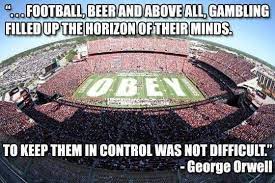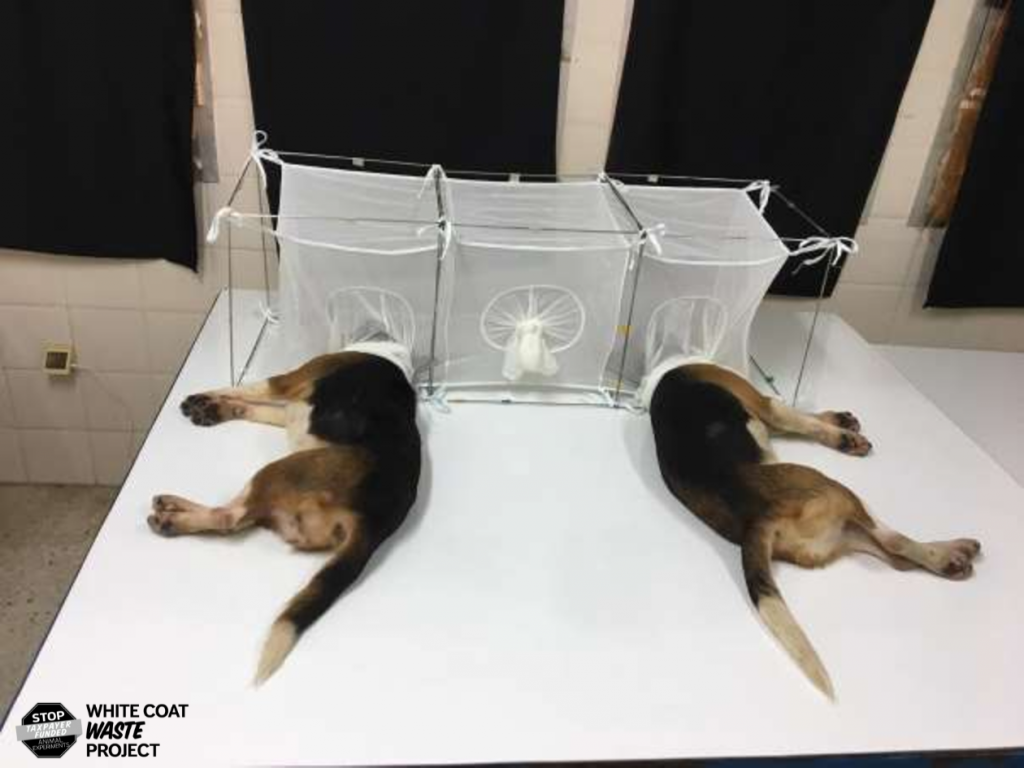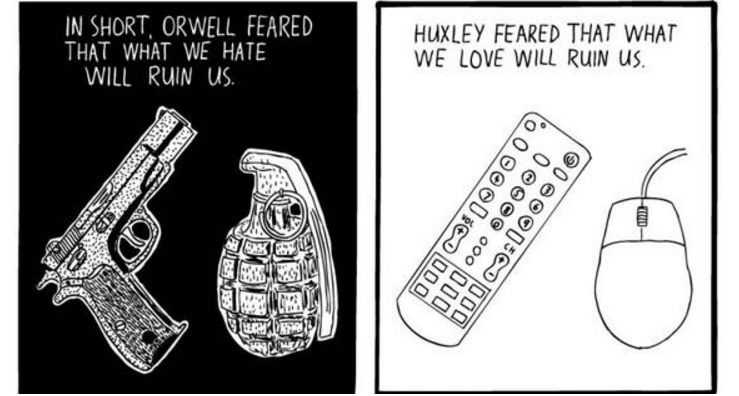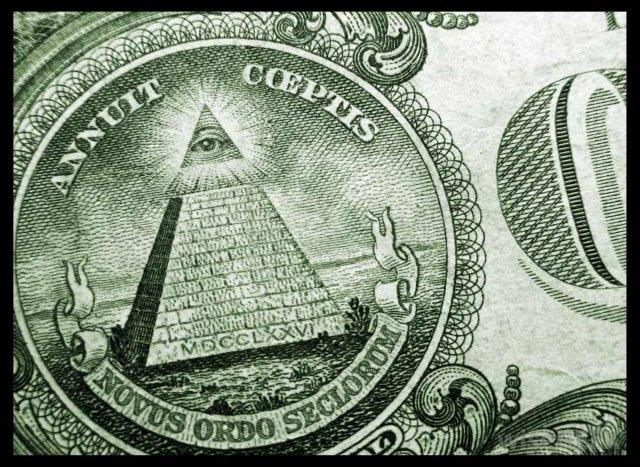“Those who don’t build must burn.” ― Ray Bradbury, Fahrenheit 451
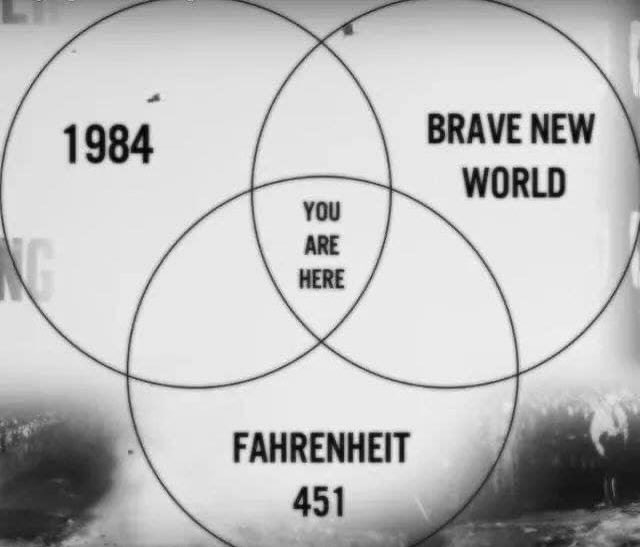
“One believes things because one has been conditioned to believe them.” ― Aldous Huxley, Brave New World
“Being in a minority, even in a minority of one, did not make you mad. There was truth and there was untruth, and if you clung to the truth even against the whole world, you were not mad.” ― George Orwell, 1984
The Venn diagram above perfectly captures the zeitgeist of our current dystopian world better than any academic drivel disguised as a scientific study or any regime media produced propaganda disguised as journalism. In fact, these three novels capture everything that has gone terribly wrong in our world, and I put the blame at the feet of totalitarian governments and an apathetic fearful populace who went along because it was the easiest path to follow.
These three novels, considered among the top 100 novels ever written, were penned between 1931 and 1953, during three distinct periods, which are reflected in the themes and story lines of their dystopian worlds. They were supposed to be works of fiction, providing warnings of what could happen if we made the wrong choices and trusted the wrong people. Sadly, they became user manuals for today’s authoritarian dictators in how to control, condition and cow a population of indoctrinated sheep, as displayed during the covid pandemic exercise.
